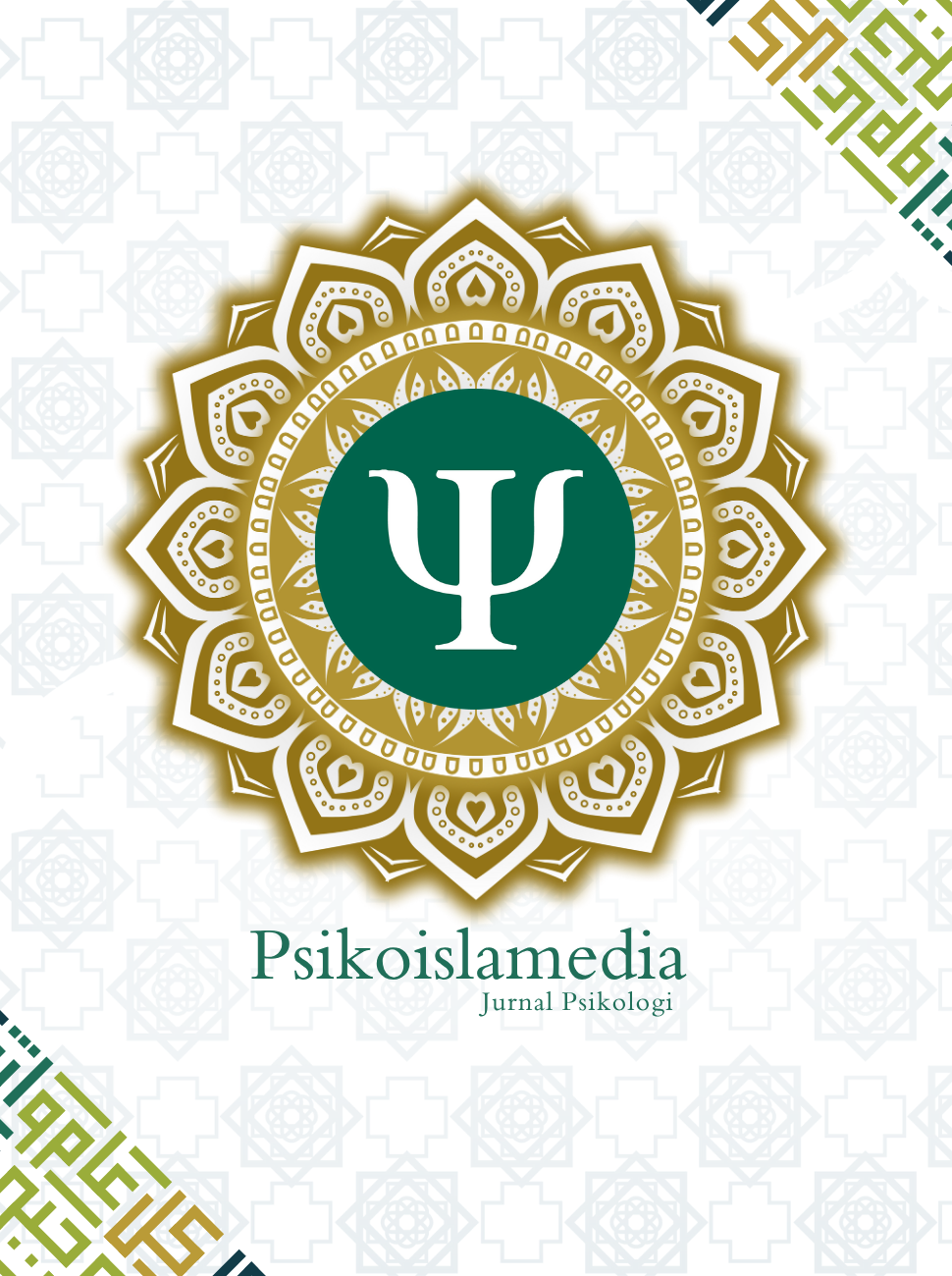Light As a Metaphor of Consciousness: Integrating Suhrawardi’s Illuminationist Philosophy and Modern Psychology
DOI:
https://doi.org/10.22373/psikoislamedia.v10i2.31741Abstract
This study explores light as a metaphor for consciousness by integrating Suhrawardi’s philosophy of illumination with modern psychology. In Suhrawardi’s view, light is not only a metaphysical symbol but an ontological reality linking human beings to the divine source of knowledge. Meanwhile, modern psychology examines consciousness through neurocognitive, cognitive, and phenomenological perspectives. Using a qualitative library-based method and philosophical hermeneutics, this research identifies areas of convergence and divergence between the two approaches. The findings reveal that Suhrawardi’s gradation of light offers a framework for understanding consciousness as a multilayered spiritual process rather than merely a biological phenomenon. This concept parallels modern psychology’s notions of self-actualization and peak experience. The integration of these perspectives provides valuable insights for developing spirituality-based psychotherapy, Islamic counseling, and consciousness education in Indonesia, highlighting the relevance of Islamic intellectual traditions to contemporary psychological discourse.
Keywords: Consciousness, Illumination, Modern Psychology, Light, Suhrawardi
Downloads
Published
Issue
Section
License
Copyright (c) 2025 Cut Rizka Aliana, Syamsul Rizal, Firdaus, Soraya

This work is licensed under a Creative Commons Attribution-ShareAlike 4.0 International License.
Authors who publish in this Journal agree to the following terms:
- Authors retain copyright and grant the journal right of first publication with the work simultaneously licensed under Attribution-ShareAlike 4.0 International (CC BY-SA 4.0) allows others to share the work with an acknowledgment of the work's authorship and initial publication in this journal.
- Authors are able to enter into separate, additional contractual arrangements for the non-exclusive distribution of the journal's published version of the work (e.g., post it to an institutional repository or publish it in a book), with an acknowledgment of its initial publication in this journal.
- Authors are permitted and encouraged to post their work online (e.g., in institutional repositories or on their website) prior to and during the submission process, as it can lead to productive exchanges, as well as earlier and greater citation of published work. (See The Effect of Open Acces)














